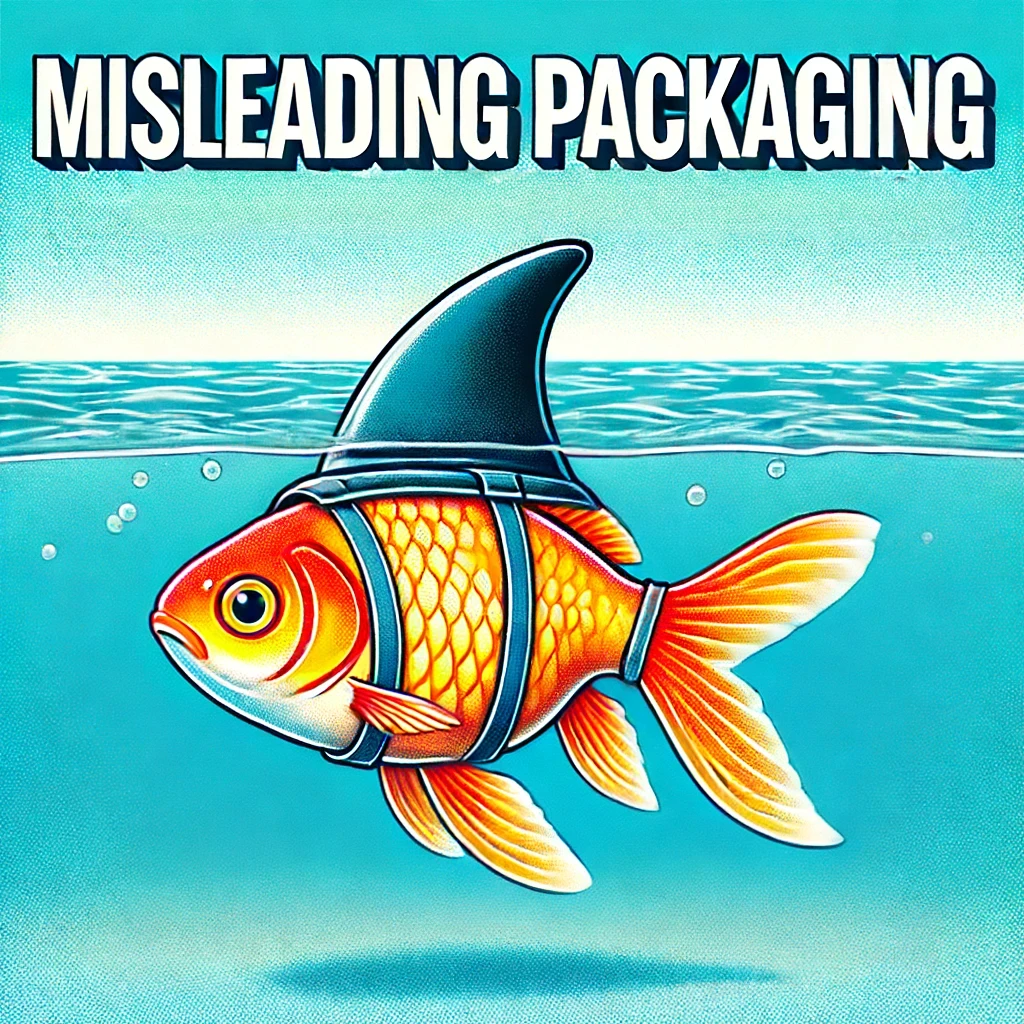Misleading
Definition
Misleading refers to causing one to have a wrong idea or impression about someone or something.
Parts of Speech
- Adjective
- Verb (present participle of "mislead")
Pronunciation
American English
- IPA Pronunciation: /mɪsˈlidɪŋ/
- Respelling: mis-LEE-ding (with "mis" as in "miss," "LEE" as in "see," and "ding" as in "sing")
British English
- IPA Pronunciation: /mɪsˈliːdɪŋ/
- Respelling: mis-LEE-ding (with "mis" as in "miss," "LEE" as in "see," and "ding" as in "sing")
In both dialects, "misleading" places the primary stress on the second syllable, "LEE." The pronunciation is the same across both American and British English, focusing on the clear articulation of "mis-LEE-ding."
Etymology
The term "misleading" is derived from the prefix "mis-", meaning wrongly or badly, and "lead", which means to guide or direct.
Derivatives
- Mislead
- Misleader
- Misleadingly
- Misleadable
- Misled (past tense of "mislead")
Synonyms
- Deceptive
- Fallacious
- Erroneous
Antonyms
- Truthful
- Accurate
- Transparent
Usage
"Misleading" is often used to describe information, statements, or representations that do not present the whole truth or that are meant to deceive.
- The advertisement was found to be misleading and was taken down.
- His misleading comments caused a lot of confusion.
Related Terms
- Deception
- Illusion
- Distortion
- Fabrication
- Misinterpretation
Detailed Definition
Adjective
- Giving the Wrong Idea or Impression: Serving to lead someone in the wrong direction or give them a wrong impression.
- Example: The title of the article was misleading; its content was entirely different.
Verb (present participle of "mislead")
- Lead (Someone) Astray: To cause someone to have a wrong idea or impression about someone or something.
- Example: She felt that he was trying to mislead her with false promises.
misleading

.webp)

🇨🇳 Mandarin
- 误导的 (Misleading)
- IPA: [wù dǎo de]
- Respell: wu dao de
- 引人误解的 (Misleading, deceptive)
- IPA: [yǐn rén wù jiě de]
- Respell: yin ren wu jie de
🇮🇳 Hindi
- भ्रामक (Misleading)
- IPA: [bʰraːmak]
- Respell: bhramak
- गुमराह करने वाला (Misleading, deceiving)
- IPA: [gʊmraːh kərneː vaːlaː]
- Respell: gumrah karne wala
🇪🇸 Spanish
- Engañoso (Misleading)
- IPA: [eŋɡaˈɲoso]
- Respell: engañoso
- Confuso (Confusing, misleading)
- IPA: [konˈfuso]
- Respell: confuso
🇫🇷 French
- Trompeur (Deceptive, misleading)
- IPA: [tʁɔ̃pœʁ]
- Respell: trompeur
- Induisant en erreur (Misleading)
- IPA: [ɛ̃dɥizɑ̃ ɑ̃n ɛʁœʁ]
- Respell: induisant en erreur
🇸🇦 Modern Standard Arabic
- مضلل (Misleading)
- IPA: [muðɪlˈlɪl]
- Respell: mudlil
- مُوهِم (Deceptive, misleading)
- IPA: [muːhɪm]
- Respell: muwhim
🇧🇩 Bengali
- ভ্রান্তিকর (Misleading)
- IPA: [bʱranto̯i̯kor]
- Respell: bhrantikor
- মিথ্যা (False, misleading)
- IPA: [mithʲa]
- Respell: mithya
🇷🇺 Russian
- Вводящий в заблуждение (Misleading)
- IPA: [vːodʲɪˈʂːij v zəblʊʐˈdʲenʲɪje]
- Respell: vvodyashchiy v zabluzhdenie
- Обманчивый (Deceptive, misleading)
- IPA: [obmɐnˈʨɪvɨj]
- Respell: obmanchivy
🇵🇹 Portuguese
- Enganador (Deceptive, misleading)
- IPA: [ẽɡɐnaˈdoʁ]
- Respell: enganador
- Ilusório (Illusory, misleading)
- IPA: [iluˈzoɾju]
- Respell: ilusório
🇮🇩 Indonesian
- Menyesatkan (Misleading)
- IPA: [mɛnˈjɛsatkan]
- Respell: menyesatkan
- Mengelabui (Deceiving, misleading)
- IPA: [məŋɡəˈlabʊi]
- Respell: mengelabui
🇩🇪 German
- Irreführend (Misleading)
- IPA: [ɪʁʀəˈfyːʁənt]
- Respell: irreführend
- Täuschend (Deceptive, misleading)
- IPA: [ˈtɔʏʃənt]
- Respell: täuschend
🇯🇵 Japanese
- 誤解を招く (Misleading)
- IPA: [ɡokai o manɛku]
- Respell: gokai o maneku
- 人を惑わす (Deceptive, misleading)
- IPA: [hito o madowasu]
- Respell: hito o madowasu
🇻🇳 Vietnamese
- Gây hiểu lầm (Causing misunderstanding, misleading)
- IPA: [ɡai hieu lam]
- Respell: gai hieu lam
- Đánh lừa (Deceiving, misleading)
- IPA: [ɗaːn lɯ̂a]
- Respell: danh lua
🇰🇷 Korean
- 오도하는 (Misleading)
- IPA: [o.do.ha.neun]
- Respell: odo haneun
- 현혹시키는 (Deceptive, misleading)
- IPA: [hjʌn.hjok.ʃi.ki.neun]
- Respell: hyeonhok sikineun
🇹🇷 Turkish
- Yanıltıcı (Misleading)
- IPA: [jaˈnɯltɯdʒɯ]
- Respell: yanıltıcı
- Aldatıcı (Deceptive, misleading)
- IPA: [aɫdaˈtɯdʒɯ]
- Respell: aldatıcı
🇵🇰 Urdu
- گمراہ کن (Misleading)
- IPA: [ɡʊmraːh kən]
- Respell: gumrah kun
- فریبی (Deceptive, misleading)
- IPA: [fərɪbi]
- Respell: farebi





